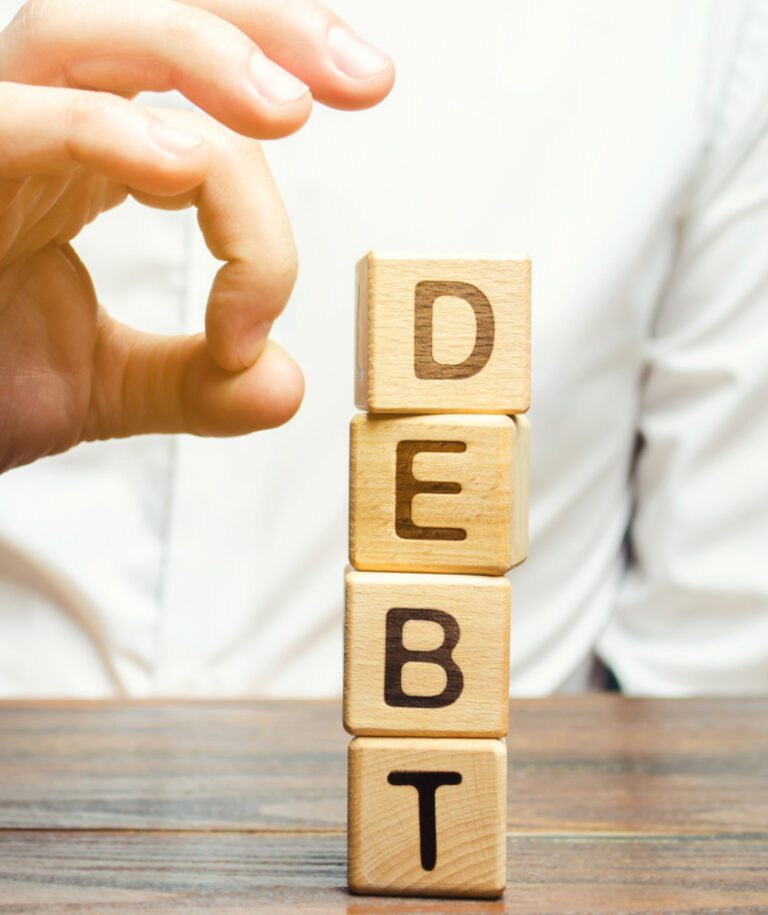
How to Write Off Debt
If you are currently struggling to manage your debts, we’re here to talk you through manageable solutions, some of which may let you write off some of your debt. Of course, the best route for you will come down to your personal and financial circumstances - however, with helpful advice, hopefully you can start to begin your next best steps.
The best thing to do is make sure you get professional help to help you understand the available solutions for your circumstances, rather than going ahead with any debt solution. This will give you the ability to determine what options are going to be right for your circumstances and also how your situation is going to be impacted.
This page is designed to give you a good overview of your debt management options - if you need further support, our expert team is here to help!
In this page, we will detail:
- Various methods of debt relief
- Whether you can ask your creditors to write off your debts
- General debt help
As a personal insolvency specialist, we are capable of offering effective solutions for over indebted individuals. We encourage you to contact NDH Financial for additional assistance with your debts.
How Can NDH Financial Help You Write Off Your Debt?
One of the popular debt relief solutions available at the moment are IVAs (Individual Voluntary Arrangements).
This debt solution is a formal agreement with your creditors where you agree to either make monthly payments over a fixed period, or a one off lump sum.
Here at NDH Financial, we specialise in helping clients to prepare and set up IVAs. However, we are also aware that IVAs are certainly not suitable for everyone — especially as they come with terms and conditions that may not suit each individual’s personal circumstances.
For this reason, whatever your own debt crisis, we urge you to contact us to specify your financial circumstances. A representative of NDH Financial can call you back and establish:
- The amount of debt you owe
- How much of this debt you can afford to pay
- Whether you qualify for an IVA
- The extent to which you could write off debt
If you speak to us and learn that you are eligible for an IVA and decide to apply for one, we will be happy to guide you through the entire process, allowing you to eagerly work towards a debt-free future.
IVAs
IVAs are available to residents of England, Wales, and Northern Ireland. Through entering an IVA, you would form a legally binding agreement with your creditors to make affordable monthly payments on your debt over the following five or six years.
You can only obtain an IVA by arranging for an insolvency practitioner — such as NDH Financial — to set it up for you. An IVA would let you clear your debts by paying either a lump sum or instead in 60 or 72 monthly instalments over the course of a long-term plan.
An IVA can cover a range of unsecured debts — including especially risky debts, like ones resulting from payday loans. However, debts an IVA would be unable to account for include student maintenance loans, TV licence arrears, and court fines .
Also, your IVA will only start if 75% of your creditors at a decision procedure approve itt. If this does happen, the IVA can be used for reducing all of the contained debts, including those of creditors who disagreed with the IVA.
Technically, there is no minimum or maximum limit to the number of debts you can include in an IVA. Still, the fees for an IVA mean that an IVA may not be suitable for you if you have a lower debt level, for example, you have unsecured debts of less than £8,000.
While the IVA is in effect, none of your creditors will be able to attempt to recover money from you. Under the IVA, you will pay as much as reasonably possible over an agreed period before any unpaid debt left over in the IVA is written off, as our in-depth IVA Learning Hub explains.
It is also worth pointing out that, while an IVA can prove an effective debt consolidation tool, you would not be able to use an IVA to consolidate secured debts — except secured debts where the assets used as security have been repossessed.
Get in touch today
NDH Financial can help free you from the shackles of your debt.
Call us on 0800 002 9051 or apply below.
If you're an existing client, please call us on 0800 002 9061.


Apply Today
Get in touch with NDH Financial for a free consultation about your debts to see if an IVA could help you.
Call us on 0800 002 9051 or apply below.
An IVA may not be suitable in all circumstances. Fees apply. Your credit rating may be affected
Contact NDH Financial for Further Information about Writing Off Debt
As this page shows, there are various scenarios in which you would be able to achieve a debt write-off. However, we emphasise that the information here should be seen only as guidance - the onus is on you to discern what debt solution would best meet your needs.
At NDH Financial, we specialise in IVAs - they can be an ideal option for people who are struggling financially with more than one unsecured debt, so they’re worth considering if you come under that umbrella, especially if your circumstances mean you do not want to apply for bankruptcy, or are unable to obtain a DRO. If you’d like to find out a little more about the IVA process, our IVA Learning Hub is the place to be!
If you remain unsure whether it is practically possible for you to write off your particular debt, feel free to call us on 0800 002 9051 for further information or to apply for an IVA.
Do You Have Any More Questions?
Our IVA Learning Hub Can Help
We know you might have questions and that’s fine.
We can answer most of those on our call.
But we’ve also built our learning hub so that you can learn more about an IVA and see if one is right for you.
Click below to check it out.
